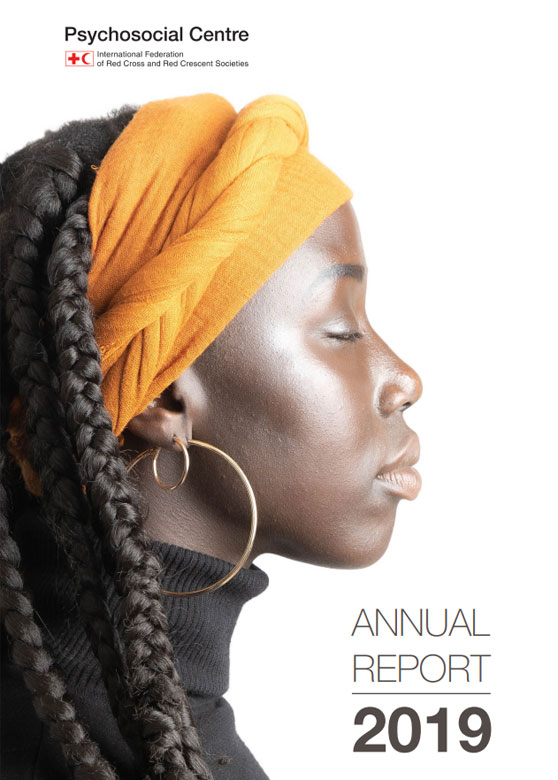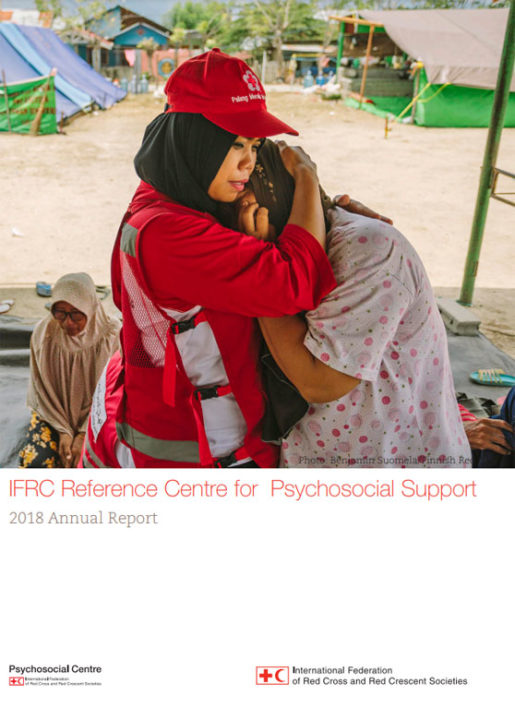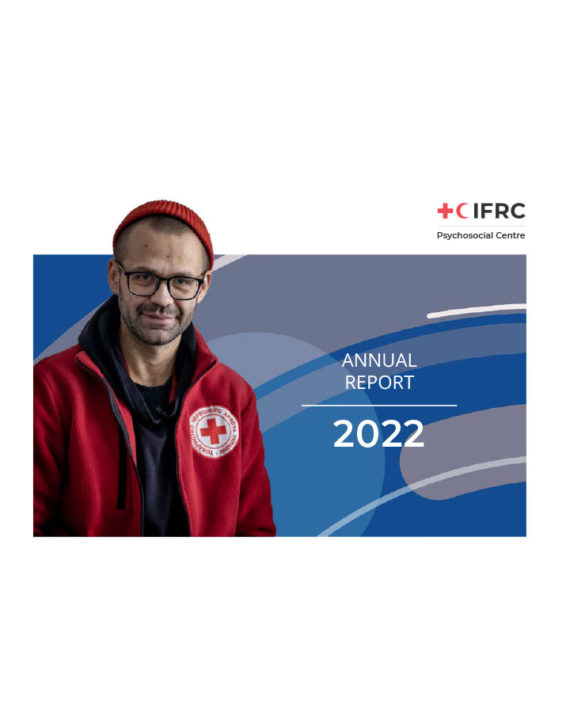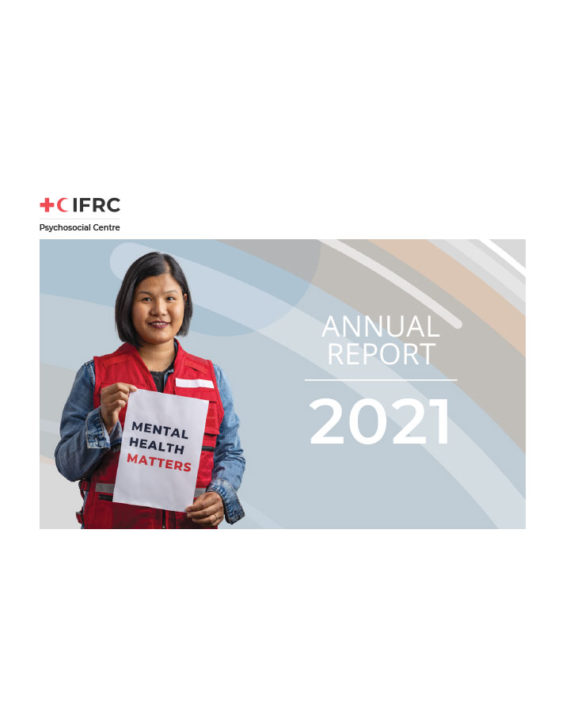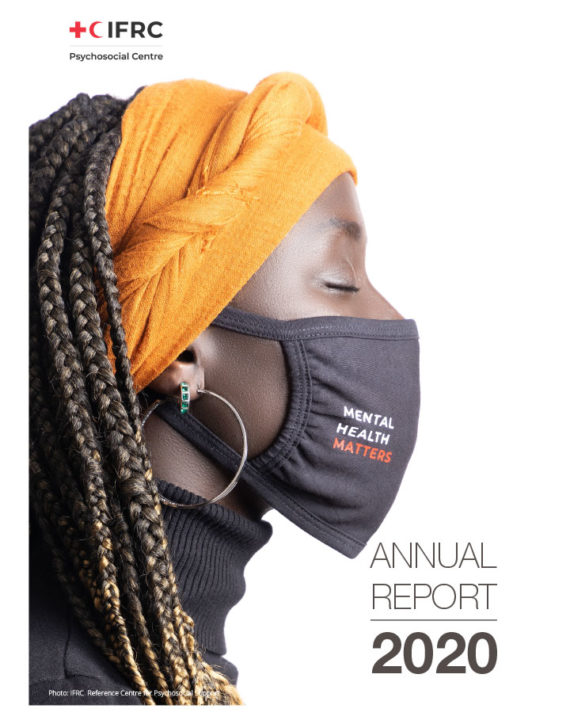In the light of the current COVID-19 pandemic response, the challenges of 2019 can seem far away. It is easy to forget that conflict and war, climate change, extreme poverty and forced displacement persist even as the coronavirus surges. As the epicenter of the virus outbreak moves from the United States to Latin America and new hotspots emerge in Africa, Central Asia and the Middle East, we are witnessing a historic level of conflict and war in the world, climate change affects more and more people every year and more than 70 million people have been forcibly displaced. Even without the COVID-19 pandemic, psychosocial support is more relevant than ever.
Throughout the year 2019, the PS Centre answered requests for psychosocial support. Some were requests for immediate support after single incidents had overwhelmed local capacities and external support was needed, but just as often national societies and regional offices asked for support for implementation of MHPSS in their existing programmes.


